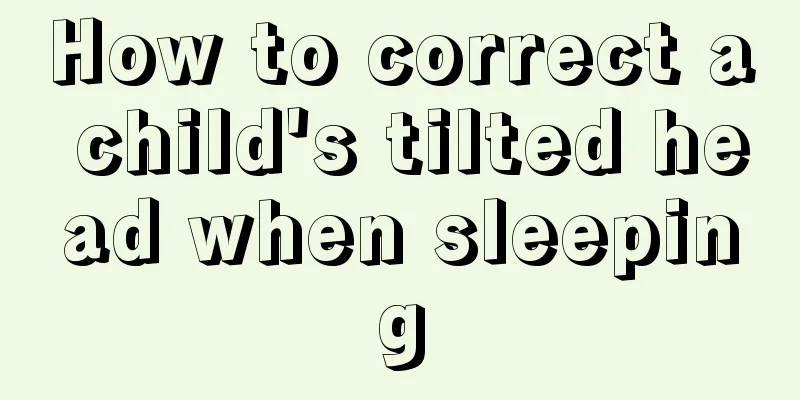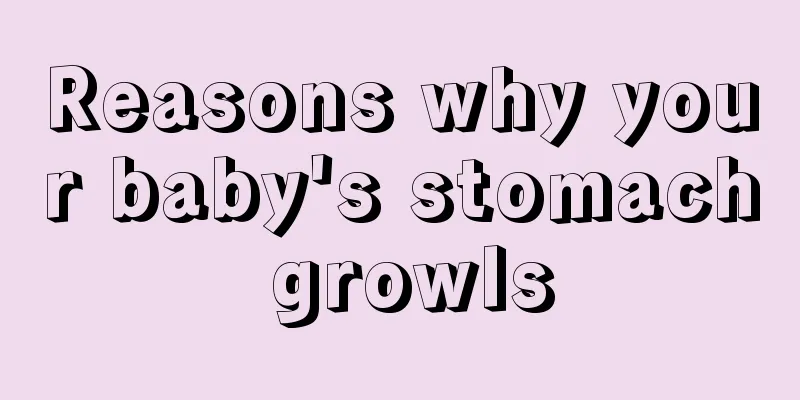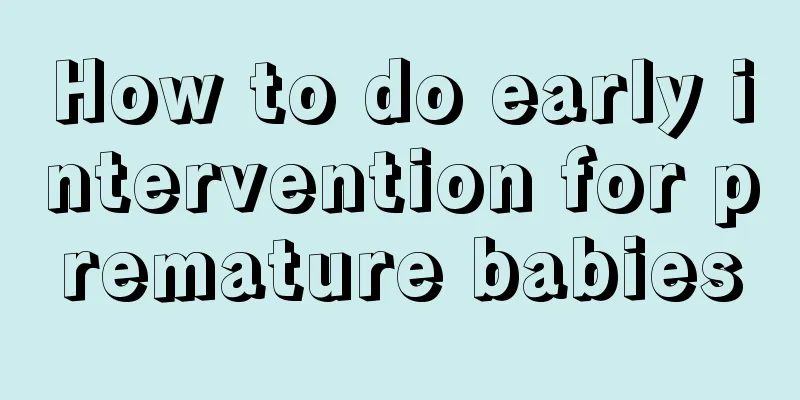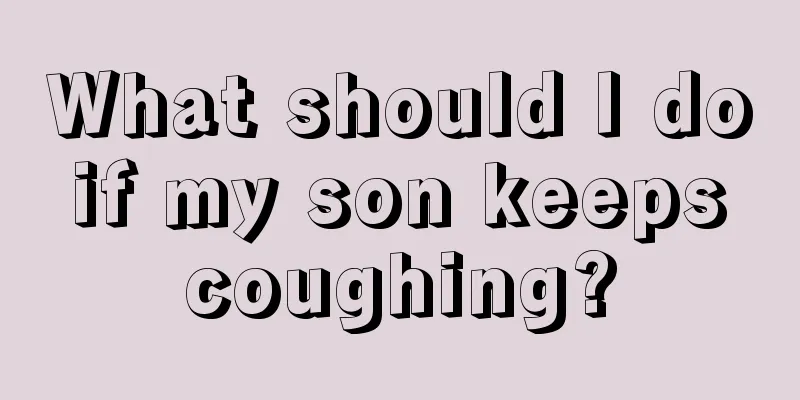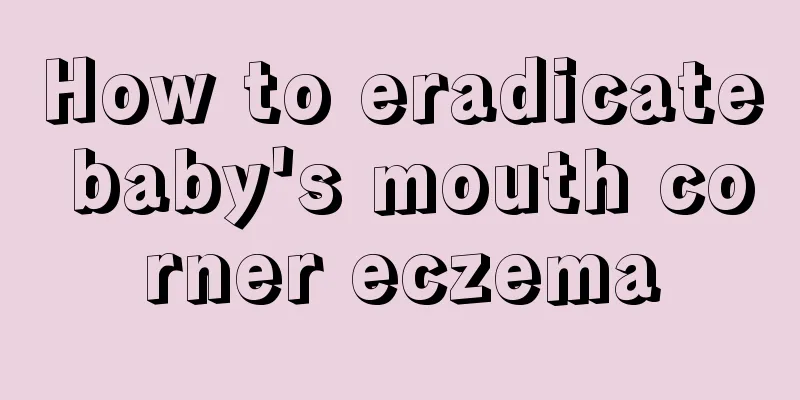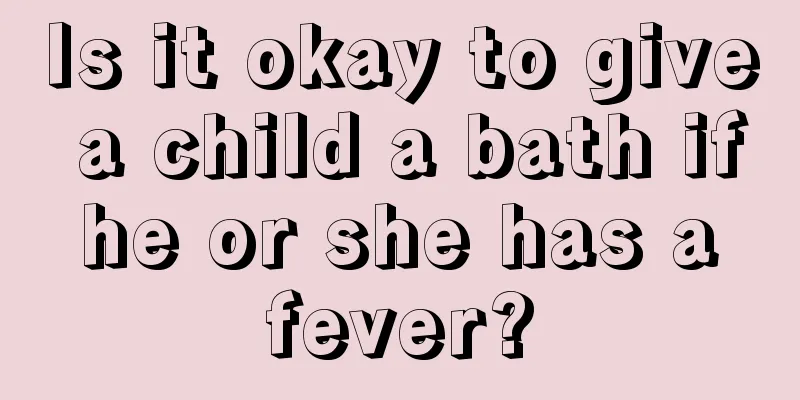First aid measures for baby cramps
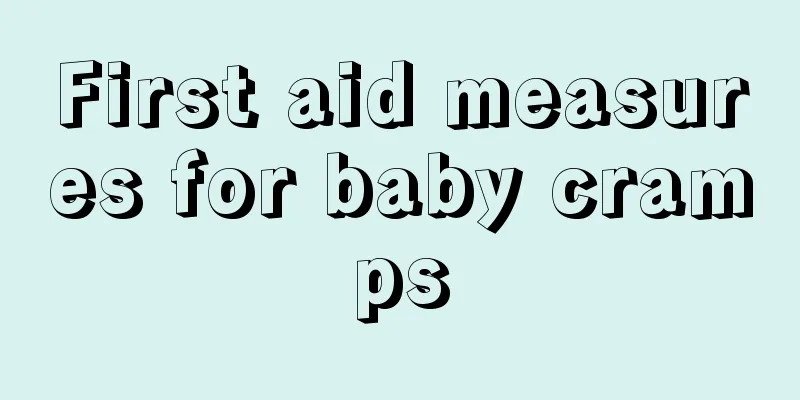
|
If you have children at home, parents should learn more about parenting common sense, including mastering more scientific knowledge as well as first aid measures, care methods, etc. Because what you have learned may come in handy at some point to help your children solve their current difficulties. For example, some children are prone to convulsions. If their parents know how to give first aid, their lives will not be in danger. So, how to deal with the first aid of children's convulsions? What causes convulsions in children? A convulsion is an involuntary, paroxysmal, strong contraction of the whole or local muscles. There are three types of seizures: tonic (continuous muscle contraction), clonic (intermittent muscle contraction) and mixed (sequential tonic and clonic contractions). Director Ma said that there are many reasons that cause children to have convulsions, including high fever, epilepsy, tetanus, rabies, calcium deficiency, etc. Among them, calcium deficiency, epilepsy, etc. can cause frequent convulsions in babies, and most sudden convulsions are high fever convulsions caused by fever. Therefore, when the child has a fever, parents should try to control the body temperature. How to deal with emergencies when a child has convulsions? Director Ma reminds parents that if a child has convulsions at home, parents should not panic, but must pay attention to preventing secondary injuries and keep the child's airway open. Prevent secondary injuries: When a child has a convulsion, you should first lay the child down and move away hard and sharp objects around him to prevent the child from hurting himself. You can use a stainless steel or plastic spoon (a ceramic spoon is not recommended to prevent the child from biting the spoon into pieces), wrap it with cloth and let the child bite it between the upper and lower teeth to prevent the child from biting the tongue. Keep the airway open: loosen your collar, turn your head to one side, and clear any foreign objects in your mouth to keep the airway open. Don’t take medicine randomly: When the cause of the disease is unknown, parents should not let their children take antipyretics on their own initiative to avoid delaying the disease. If the high fever convulsion is caused by fever, the child should be given antipyretics in time, and appropriate physical cooling measures should be taken to reduce the child's fever and relieve the convulsion symptoms. Seek medical attention promptly: After completing emergency treatment, you should seek medical attention as soon as possible, preferably at the nearest hospital. |
<<: What causes swollen throat in children?
>>: What are the first aid tips for baby skin allergies?
Recommend
What should children not eat when they have a cough?
Children's coughing is also a concern and dis...
When is the best time to treat neonatal dacryocystitis?
Neonatal dacryocystitis is a common disease in in...
What is the cause of hydrocele in children?
The phenomenon of hydrocele in children occurs fr...
Children are prone to mumps. Mung bean and yellow bean drink can relieve swelling and dissipate lumps.
Children and adolescents are often susceptible to...
What causes children to hiccup?
Hiccups are a normal physical reaction for people...
Can children take anti-inflammatory drugs for toothache?
Toothache is a relatively common phenomenon. Not ...
What to do if your child's penis is itchy
Since many of the baby's organs are not fully...
How are red birthmarks formed on babies?
After the baby is born, he or she will have birth...
Side effects of fever-reducing injections for babies
When many babies have a high fever, doctors will ...
What is the cause of premature ventricular beats in children?
The medical concept of premature heart beats refe...
What are the dangers of rabies vaccine to children?
With the improvement of people's living stand...
Treatment of cough, nasal congestion and sneezing in newborns
The first thing to do for a newborn baby with nas...
Is it effective to apply sesame oil to baby’s eczema?
The baby's skin is very delicate. If it is sl...
What to do if your child has a cold or bacterial infection
There are two types of colds in children. One is ...
What to do with superficial gastritis in children
Having stomach problems is basically a common phe...



